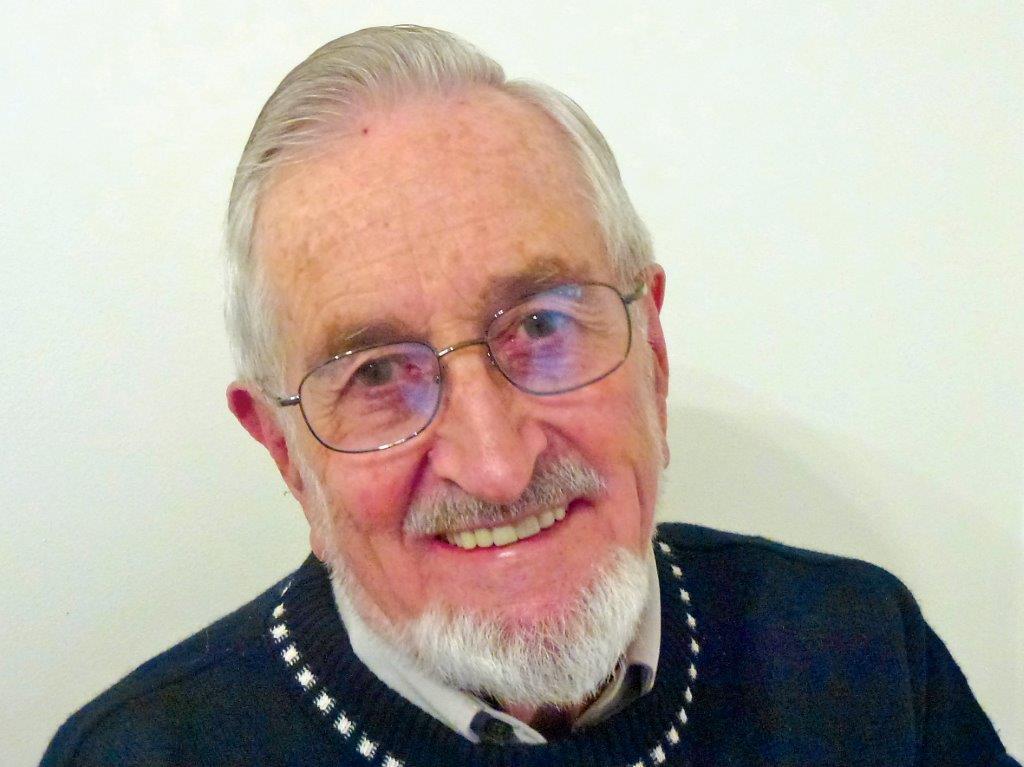Rev Bruce Prewer is remembered as a nationally recognised poet and liturgist who gave Christianity a distinctly Australian voice.
Following a protracted illness, Bruce passed away surrounded by family in Victoria on 11 September.
Born in 1931, the youngest of four children, Bruce’s early years were spent at Dilston in Tasmania. His experience of fire and brimstone preachers engendered in the young Bruce a hatred of religion. He made up his mind that he wanted nothing to do with their God.
He leaned towards agnosticism in his teens, continuing to attend worship with his parents, enjoying the pipe organ playing and smorgasbord of hymns in the Methodist Hymn Book. That there were pretty girls in the junior choir didn’t escape his notice either. Yet, it was a time of deep discontent for him. In March 1949, he attended an evangelical rally and gave his life to Jesus. He describes this as the big turning point in his life and “the smartest thing I ever did”.
Only a few months later, during a worship service, he had a mystical ‘auditory’ experience of being called to ministry. In March 1957, he was ordained at Wesley Church, Melbourne and posted to Wynyard, Tasmania, where he began to experiment with different styles of worship. Having re-arranged the church setup, he introduced informal talkback evening services, singing rock music and African-American spirituals. The often infamous Truth magazine did an article portraying him as a young rebel breaking the old traditions.
Bruce’s proficiency as a poet is wellknown in Australian churches. His first book, Australian Psalms, became a religious bestseller.
Among other works to follow were: Brief Prayers for Busy People; Kakadu Reflections; The Boomerang Bender; Prayers for Aussie Kids; My Best Mate; More Australian Psalms; Australian Prayers; Australians at Prayer; Prayers for the Twentyfirst Century; and Beyond Words; reflections on the Gospel of Luke. His final book, Faith’s Last Hurrah! went to press just months prior to his death.
Bruce described himself as a ‘theological mongrel’, ‘a wandering child of God who has been found,’ not sitting comfortably in any school of theological thought.
He saw himself as a true evangelist, someone with some very good news that he wanted others to experience. While Bruce thought his words were ‘pathetically inadequate’, many have found those words enriching and inspiring in their own encounter with Jesus.
Bruce is survived by his wife Marie Joyce, sons David, Martin and daughter Chris, eight grandchildren and one great-grandchild.
Stan Clarke
This article was originally published in Crosslight.
